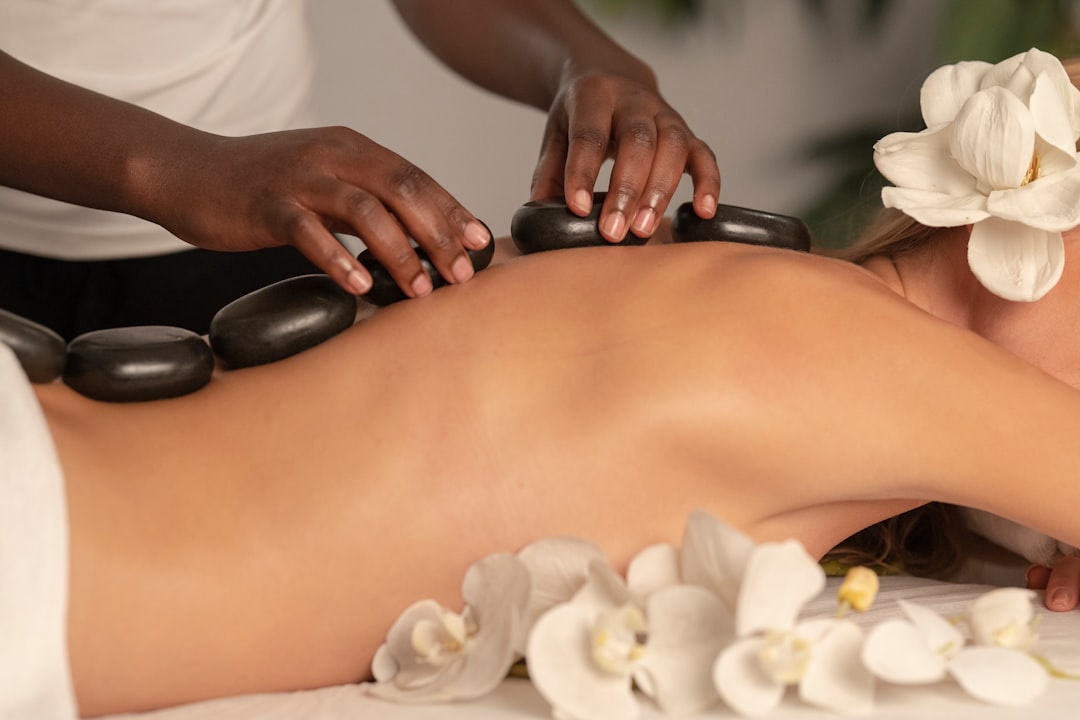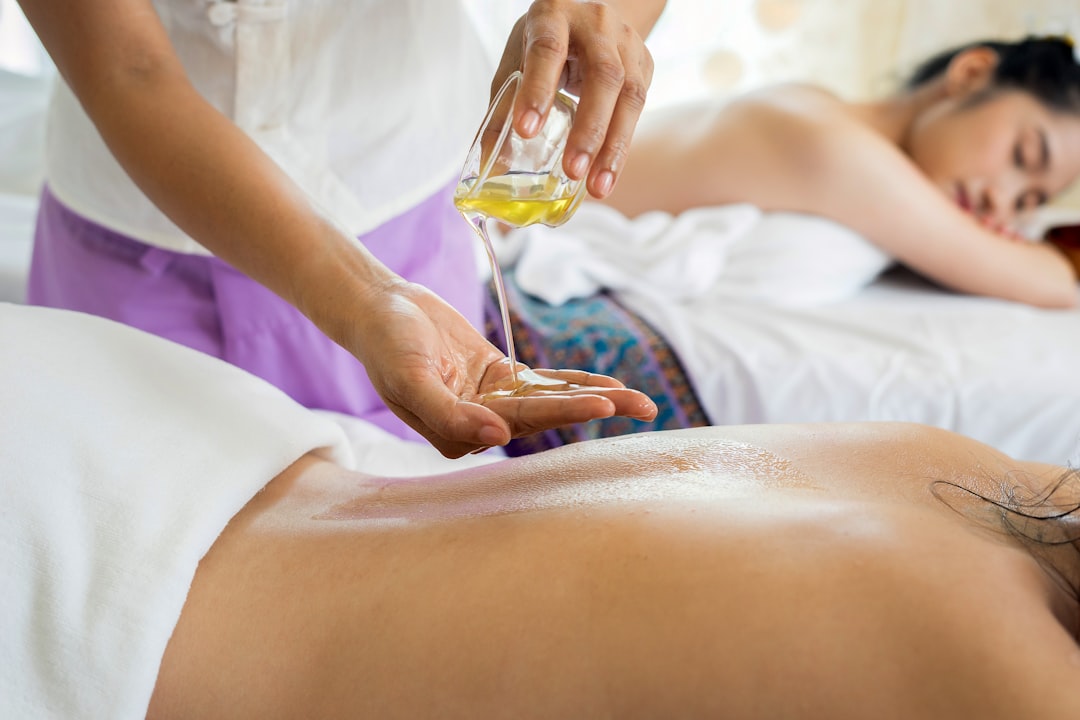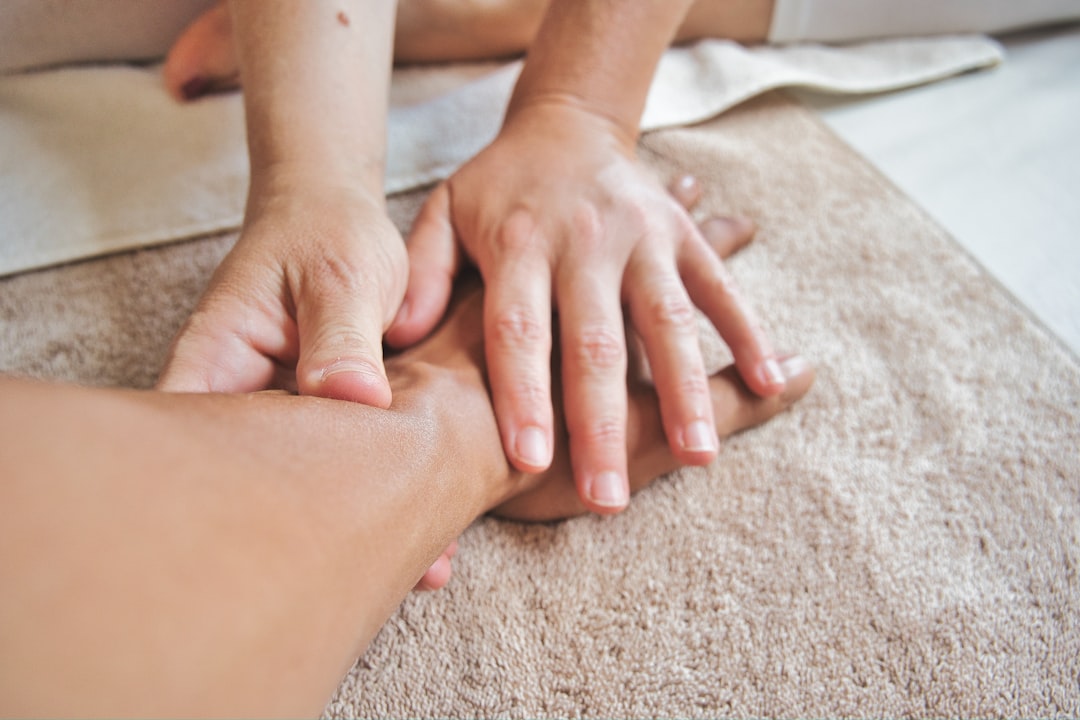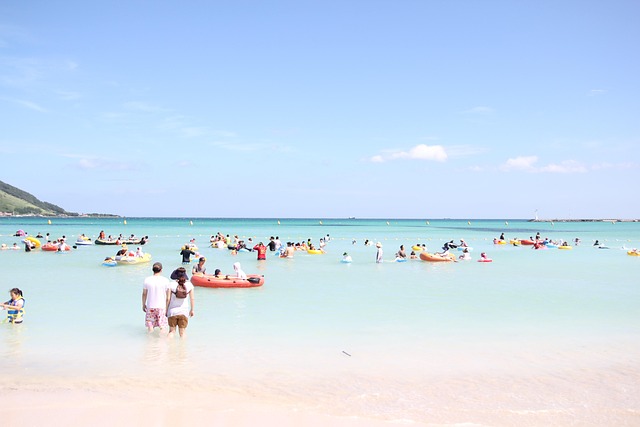In Rhode Island, advocacy groups are fighting for stricter spa safety laws to prevent and address massage abuse and sexual assault. They collaborate with policymakers, legal experts, and massage abuse attorneys in Rhode Island to draft bills. Their goal is to deter perpetrators, provide justice for victims, and strengthen regulatory oversight through robust legal strategies. The groups lobby local legislators with evidence and personal narratives, pushing for stricter licensing, enhanced background checks, regular inspections, clear consent guidelines, reporting mechanisms, and mandatory training programs. They support survivors by offering confidential counseling, connecting them with massage abuse lawyers in Rhode Island, and educating the public. Proposed reforms aim to empower clients with knowledge about their rights and legal recourse, ensuring better safety protocols and deterring abusive behavior through stronger legal repercussions. For legal assistance related to massage abuse, clients can turn to specialized massage abuse law firms in Rhode Island.
In recent years, concerns over massage abuse and sexual assault at spas have gained significant attention, especially in Newport. Advocacy organizations are leading the charge to change laws regarding client safety. This article explores the current landscape of spa safety laws in Rhode Island, the strategies employed by advocacy groups, common challenges faced by victims, and potential reforms that could enhance protection for clients across Newport spas. For those seeking justice and healing from massage abuse, understanding these efforts is crucial, especially with the support of reputable legal teams like massage abuse lawyers in Rhode Island, massage abuse attorneys, and law firms specializing in these cases.
The Current Landscape of Spa Safety Laws in Rhode Island
In Rhode Island, spa safety laws are currently a patchwork of regulations that leave significant gaps in protecting clients from potential harm. While there are general health and safety standards for establishments like spas, specific protections against massage abuse or sexual assault within these facilities are notably absent. This creates an environment where clients can be vulnerable to unscrupulous practitioners who may exploit the trust inherent in therapeutic services. As a result, organizations advocating for stronger spa safety laws have been pushing for change, using their voices and legal expertise to bring attention to this issue.
Advocacy groups in Rhode Island are actively involved in reshaping legislation to include stringent measures that address massage abuse. They work closely with local policymakers and lawyers specializing in this area to draft and promote bills that would enhance client safety. By employing the services of reputable massage abuse attorneys and law firms in Rhode Island, these organizations ensure that legal strategies are robust and aligned with the latest case precedents. Their efforts aim to not only deter potential perpetrators but also provide justice for victims of massage sexual assault, ultimately strengthening the regulatory framework around spa safety.
Advocacy Groups and Their Strategies to Reform Massage Therapy Regulations
Advocacy groups in Newport are championing crucial reforms to strengthen client safety regulations at spas and massage therapy businesses. These organizations, often led by survivors and advocates, employ various strategic approaches to address the pressing issue of massage abuse and sexual assault. They tirelessly lobby local legislators, presenting compelling evidence and personal narratives to drive change in the legal framework surrounding the industry.
One primary focus is amending existing laws to close loopholes that have historically enabled abusers to operate with impunity. By working closely with law enforcement and legal experts, these groups propose stricter licensing requirements, enhanced background checks, and regular inspections for spas and massage therapists. Additionally, they advocate for clear guidelines on consent, reporting mechanisms for suspected abuse, and mandatory training programs to educate both professionals and clients about recognizing and preventing sexual harassment or assault within the therapeutic setting. Their collective efforts aim to ensure that clients seeking relaxation and healing are protected from potential trauma, with the ultimate goal of creating a safer environment across all spa services in Newport.
Common Challenges Faced by Victims of Massage Abuse and How Advocates Are Helping
Many victims of massage abuse face significant challenges when it comes to seeking justice and healing. Often, incidents occur in private settings, making it difficult for individuals to speak out due to fear of stigma or retaliation. Additionally, massage therapists hold a position of trust, which can make it harder for victims to recognize and report the abuse. Some survivors may experience emotional trauma, including anxiety, depression, and post-traumatic stress disorder (PTSD), hindering their ability to take legal action.
Advocacy organizations in Newport are playing a crucial role in addressing these issues. They provide support networks and resources for victims, helping them navigate complex legal systems. These groups offer confidential counseling services, connect survivors with massage abuse lawyers in Rhode Island, and educate the public on recognizing and reporting inappropriate behavior. Through their efforts, they aim to strengthen laws regarding client safety at spas and massage establishments across Newport, ensuring that all individuals can receive therapeutic treatments without fear of exploitation or assault. They also advocate for better training and licensing practices for massage therapists, making it easier for survivors to come forward and hold perpetrators accountable using the services of a reputable massage abuse attorney or law firm in Rhode Island.
Potential Changes and Their Impact on Client Protection at Newport Spas
Advocacy organizations in Newport are pushing for significant changes to existing laws to enhance client safety at spas and massage businesses. Their primary focus is on preventing and addressing instances of massage abuse, sexual assault, and exploitation that have been reported within the industry. Proposed reforms include stricter licensing and regulatory measures for spas and massage therapists, mandating comprehensive training programs on consent, boundaries, and safe practices for all staff members.
These potential changes aim to empower clients by equipping them with knowledge about their rights and legal recourse in case of abuse. With enhanced regulations, clients visiting Newport spas can expect improved transparency, better safety protocols, and a more robust system for reporting and addressing concerns. Advocacy groups believe that these reforms will not only protect clients but also raise awareness about the importance of ethical practices within the wellness industry, potentially deterring abusive behavior through stronger legal repercussions.






